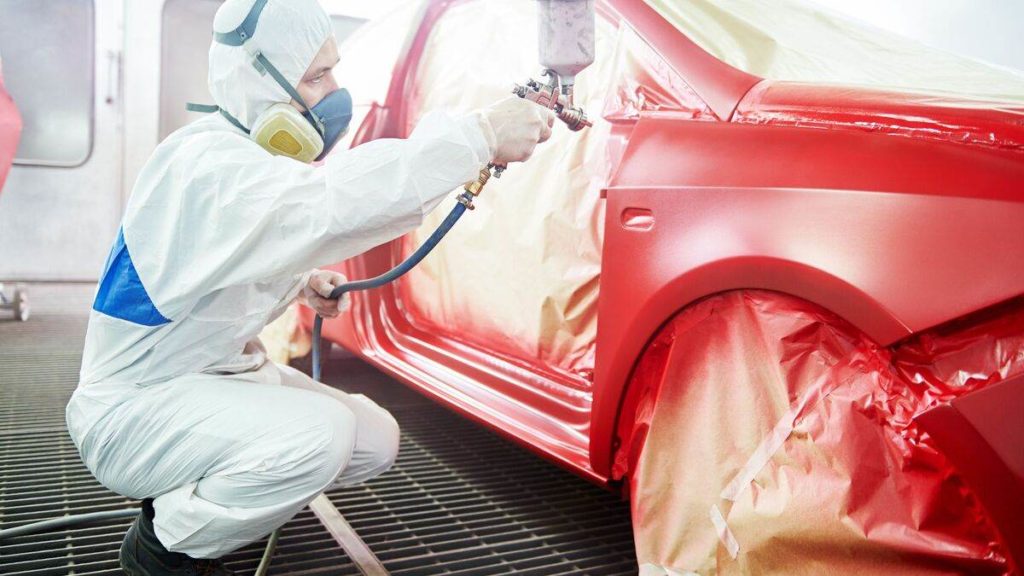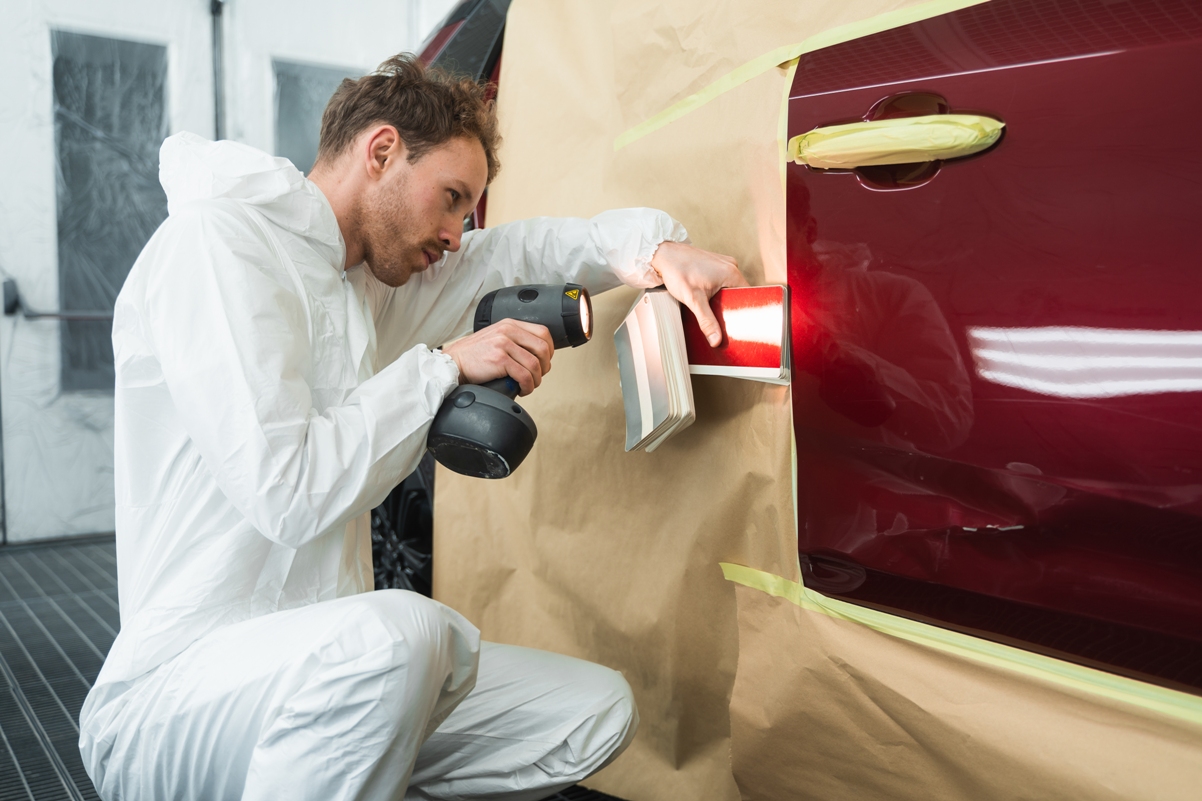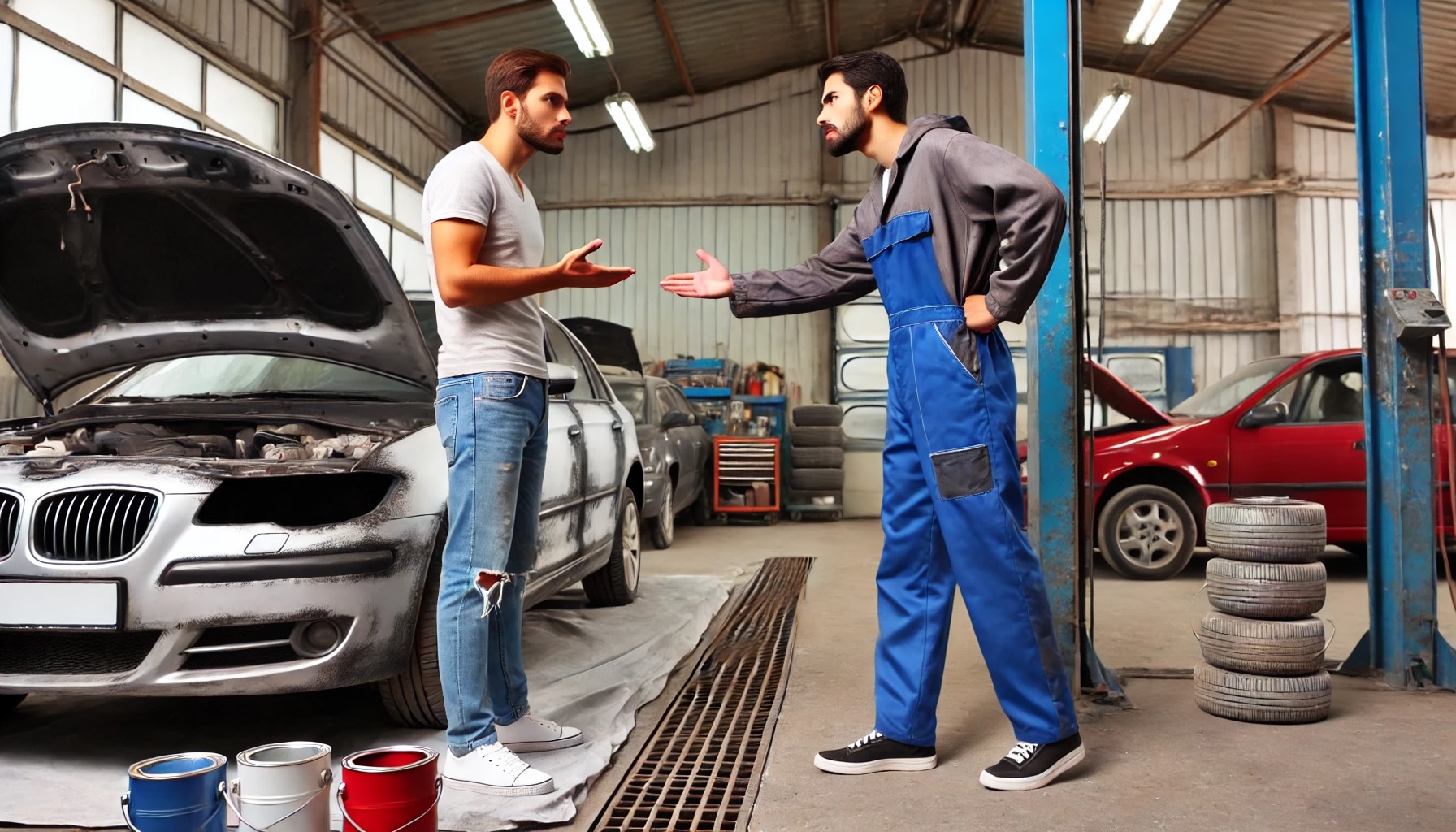As a supplier of paint related materials, I always keep in mind the end users of our products – car body repair professionals. It doesn’t matter if you are not selling directly to the body shops, in the end of the supply chain there is always a painter who is paying, and I clearly know to whom I owe my bread and butter. Personally, after two decades in this business, I believe that our industry is going through existential crisis. We lack young, motivated people joining the trade. According to a small research we conducted in Greece among car painters and body shop owners, 80% of the employed painters wouldn’t like their children to follow their path. What is also shocking is that 60% of the business owners would prefer their children not to continue the business.
In 2022 most of the exhibitions and trade shows opened their doors after the Covid pandemic. I had an opportunity to meet customers, suppliers and friends in Bologna, Frankfurt and recently in the SEMA show in Las Vegas. A lot of my colleagues were saying the same thing. It is very difficult to find people. From these conversations I can distill three main reasons why millennials and gen Z are not keen to join the collision repair industry: healthy working conditions, competitive salaries and vocational training.
Work environment
It is not a secret that a healthy and safe working environment is crucial for the health of the employees. However, it is not always possible to have a perfect environment in a car body repair shop. Dust, uncomfortable temperatures, with heat in the summer and cold in the winter, thinners and strong chemical smell, all these make the work in a collision repair workshop challenging. Physical labor also takes its toll. This can lead to chronic pain and other health problems as well as accidents. A lot of the body shops don’t even have a dedicated place or kitchen where workers can eat, not mentioning the showers and changing rooms. Taking into account that young people in our days pay much more attention to health and well-being, we can understand why our industry is not in the top of the list.
Salaries
Obviously, the financial side of the job plays very important role as well. Taking into account that the learning process from apprentice to master painter takes years, in the beginning salaries are not very attractive. Moreover, in many places there is no additional bonus system, which would stimulate the productivity. While a good painter usually earns good money, young guys who just start may be discouraged by the law wages in the beginning of their career. For example, in Greece an apprentice in a car body shop would roughly get 700 Euro at best, while working as courier or a waiter will bring higher salaries and tips much faster.
Education and training
The last, but not the least problem in the collision repair industry is the lack or very low level of professional education. With an exemption of the USA based I-Car, not-for-profit organization with 40 years of experience, in many countries training of the future painters is done solely as spontaneous apprenticeship without any certification or structure. The depth and quality of the acquired knowledge relies entirely on the first employer. While I-Car expends its programs to Canada, Australia and New Zealand, most probably the majority of the countries will either rely on the local colleges or apprenticeship. For a young fellow, who wants to become a painter in Greece there are only two ways. Either to join one of the programs in a college, which are scarce and offer very low-quality programs, or to work as apprentice for minimum five years in order to get the license as painter. While is some countries, like the UK or Ireland I saw more or less decent educational programs, in the Balkans and South Europe situation is rather gloomy.
Is there any way to attract more people to our industry?
I do believe that all stakeholders in our industry must contribute to the solution. Business owners should do their best to create healthier and more comfortable working environments. Safety is the key. Air-fed vizors, gloves, masks and overalls are not the luxuries, but necessities. Suppliers must provide trainings not only on the usage of their products, but help the owners with audits to identify weak points of every business. Authorities must make sure that all shops fulfill the legal requirements, spotting those who cut the corners and save money of health issues, creating unfair competition to those who comply. Finally, insurance companies must pay fair prices so that business could afford all the above mentioned.




